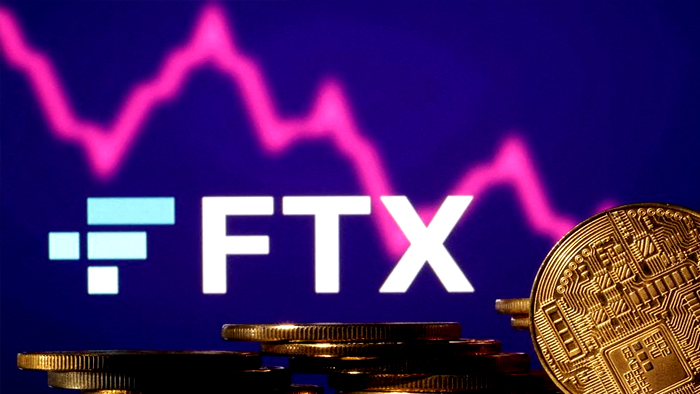Several market participants said that insurers are denying or limiting coverage for clients who have exposure to the bankrupt crypto exchange FTX. This means that digital currency traders and exchanges are not covered for any losses from hacks, theft, or lawsuits.
Due to the lack of market regulation and the fluctuating prices of Bitcoin and other cryptocurrencies, insurers were already hesitant to write asset and directors and officers (D&O) protection policies for crypto companies.
Now, worries have grown since FTX went down last month.
Related: International consumers’ FTX data is sought by Bahamian attorneys.
Specialists in the insurance markets of Lloyd’s of London and Bermuda want crypto companies to be more open about how much risk they have with FTX. The insurers are also proposing a wide range of policy exclusions for any claims that come from a company going out of business.
Kyle Nichols, president of broker Hugh Wood Canada Ltd., said that insurers were making clients fill out a questionnaire asking if they had invested in FTX or had assets on the exchange.
Ben Davis, the lead for digital assets at Superscript, said that clients of Lloyd’s of London broker Superscript who dealt with FTX will have to fill out a questionnaire to figure out how much of a risk they face.
“Let’s say the client has 40% of their total assets at FTX that they can’t get to.” “That’s either going to be a decline or we’re going to put on an exclusion that limits coverage for any claims that come from their funds held on FTX,” he said.
Five insurance sources told Reuters that insurance policies that cover the protection of digital assets and the personal liabilities of directors and officers of companies that deal in crypto have exclusions that say they won’t pay out any claims that come from the FTX bankruptcy. A broker said that a few insurers have been trying to get FTX left out of policies in general.
Insurers and brokers said that exclusions could act as a safety net for insurers and make it even harder for companies to get coverage.
The Bermuda-based crypto insurer Relm, which has covered companies with ties to FTX in the past, is even stricter.
Joe Ziolkowski, co-founder of Relm, said, “If we have to include a crypto exclusion or a regulatory exclusion, we’re just not going to offer the coverage.”
D&O QUESTION
Ziolkowski said that one of the most important questions now is whether insurers will cover D&O policies at other companies that did business with FTX. This is because the exchange’s leadership is having trouble.
U.S. prosecutors say that former FTX CEO Sam Bankman-Fried had a plan to scam FTX’s customers by using their deposits to pay for his crypto hedge fund, Alameda Research LLC’s expenses and debts, and to make investments.
Tuesday, banker-lawyer Fried said that his client is thinking about all of his legal options.
In cases of fraud, D&O policies, which are used to pay for legal costs, do not always pay out.
Sources in the insurance industry wouldn’t name their clients or potential clients who could be affected by policy changes because of privacy concerns. Binance, a cryptocurrency exchange, and Genesis, a cryptocurrency lender, both have financial ties to FTX. However, neither Binance nor Genesis responded to emails asking for comment.
According to Ziolkowski, a D&O insurance policyholder may now only be covered for tens of millions of dollars for the remainder of the market.This is because the least risky parts of the crypto market, like companies with cold wallets that store assets on platforms that aren’t connected to the internet, can get coverage of up to $1 billion.
Related: Bankman-Fried, the inventor of FTX, will appear before the United States House of Representatives.
Insurers say that the collapse of FTX will likely cause insurance rates to go up, especially in the U.S. D&O market. The rates are already high because people think there are a lot of risks and because there isn’t a lot of historical data on how much cryptocurrency insurance losses cost.
A typical crime bond, which is used to protect against losses caused by a crime, would cost a trader of digital assets $30,000 to $40,000 per $1 million of coverage. Hugh Wood Canada’s Nichols said that a traditional stock trader would have to pay about $5,000 per $1 million.

